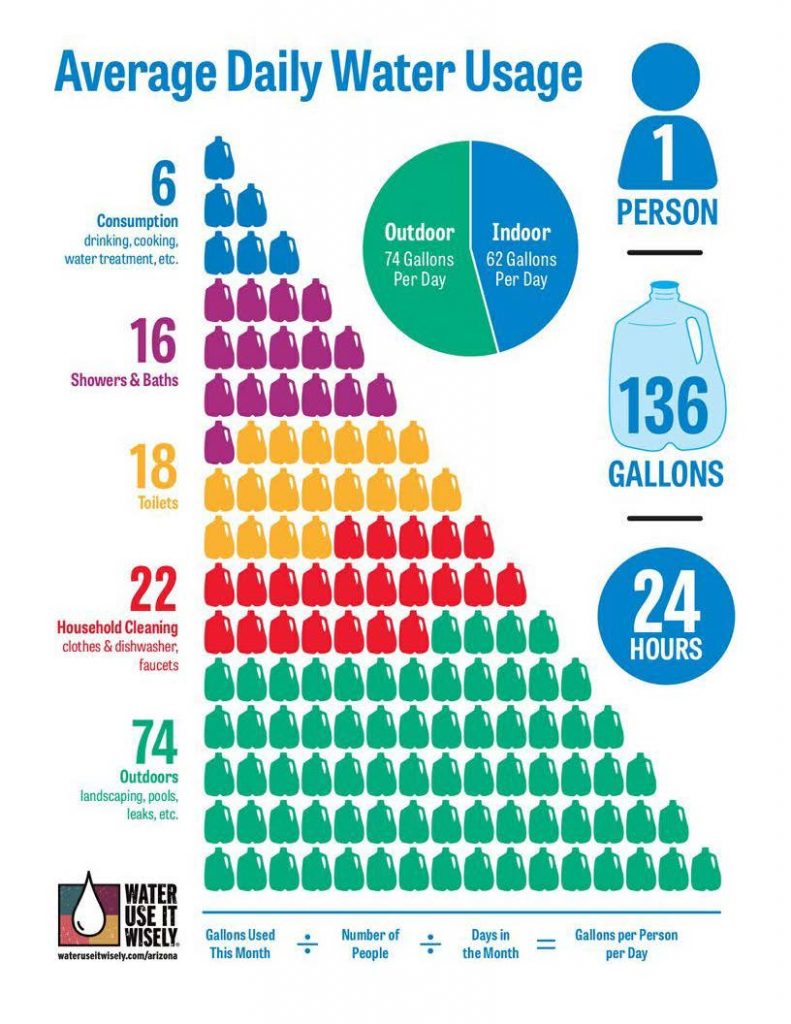
Smart Watering: Optimizing with Efficient Irrigation Systems
Efficient irrigation systems are pivotal in managing water usage while ensuring optimal plant growth. Implementing smart irrigation techniques can save water, lower utility bills, and promote healthier landscapes.
Drip Irrigation for Precision
Drip irrigation systems deliver water directly to the roots of plants, minimizing evaporation and runoff. This precision watering method ensures plants receive adequate hydration while conserving water—an ideal solution for gardens, flower beds, and shrubbery.
Weather-Based Controllers
Utilize weather-based irrigation controllers to adjust watering schedules based on weather conditions. These controllers use real-time data, considering factors like temperature, humidity, and rainfall, to optimize irrigation schedules, preventing overwatering.
Soil Moisture Sensors
Incorporate soil moisture sensors to gauge actual soil moisture levels. These sensors provide accurate data, allowing irrigation systems to water only when necessary, preventing over- or under-watering and promoting efficient water usage.
Mulching for Water Retention
Mulching is an effective technique to retain soil moisture. Apply organic mulch around plants to reduce evaporation, maintain soil temperatures, and inhibit weed growth, ensuring efficient water retention in the soil.
Efficient Sprinkler Systems
Upgrade to efficient sprinkler systems equipped with adjustable nozzles and pressure regulators. These systems distribute water evenly, reducing overspray and ensuring that water reaches the intended areas without wastage.
Zone-Based Irrigation
Implement zone-based irrigation to customize watering schedules for different areas based on specific plant needs. Separating zones allows for tailored irrigation, ensuring each section receives the right amount of water.
Rainwater Harvesting
Consider rainwater harvesting as an eco-friendly irrigation solution. Collecting and storing rainwater in barrels or tanks can provide a natural water source for irrigation, reducing reliance on municipal water supplies.
Native and Drought-Resistant Plants
Opt for native or drought-resistant plants in landscaping. These plants are adapted to local conditions, requiring less water while maintaining beauty and biodiversity in landscapes.
Regular Maintenance and Inspections
Regularly inspect and maintain irrigation systems to ensure optimal functionality. Check for leaks, clogs, or malfunctions, and promptly repair or replace damaged components to prevent water wastage.
Educating on Water-Saving Practices
Educate and promote water-saving practices among gardeners and homeowners. Encourage responsible watering habits, such as watering during cooler times of the day and avoiding overwatering, to conserve water.
Efficient Irrigation Systems: Nurturing Landscapes Responsibly
For comprehensive guidance on implementing efficient irrigation systems, visit Efficient Irrigation Systems. This resource offers insights, tips, and recommendations for optimizing irrigation practices.
In conclusion, adopting efficient irrigation systems is not just about conserving water—it’s about fostering healthy landscapes sustainably. By integrating smart watering techniques and responsible practices, we can nurture flourishing green spaces while conserving precious water resources.




